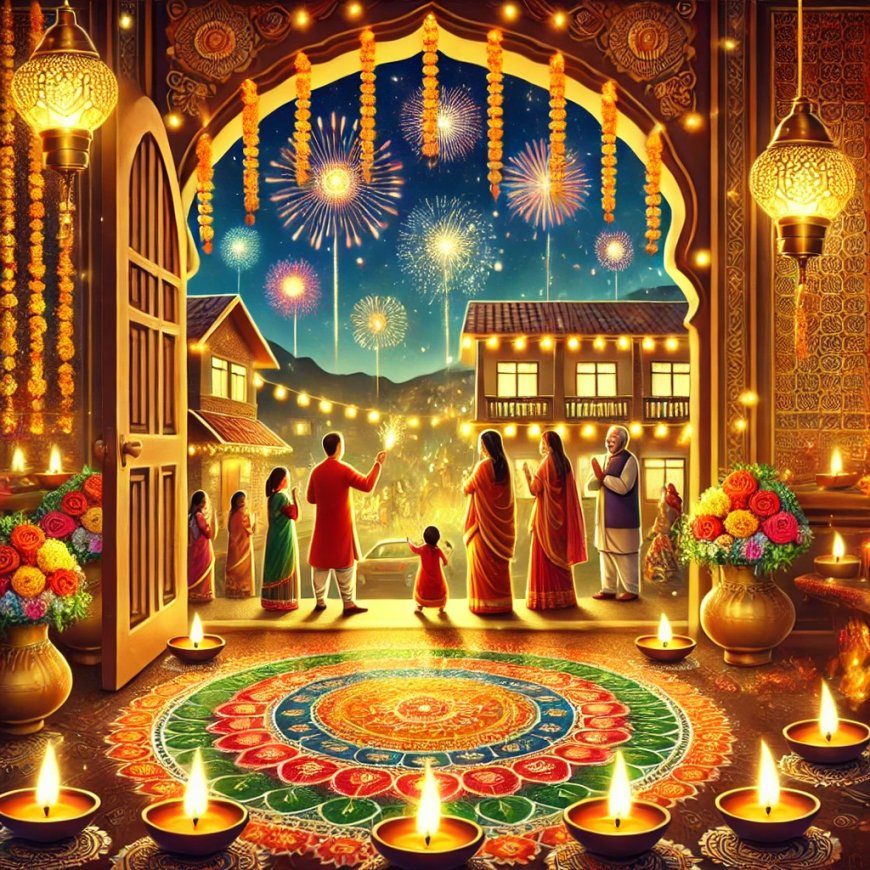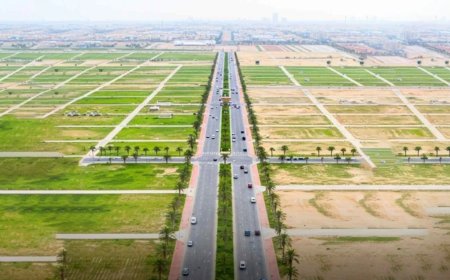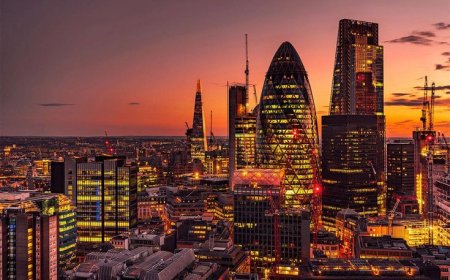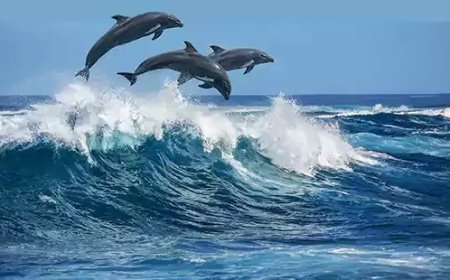Diwali festival
Celebrate Diwali Festival, the grand Festival of Lights, with traditions, joy, and the victory of good over evil in a five-day celebration.

Diwali, also known as Dipawali, is the most significant and widely celebrated festival in India. It derives its name from the Sanskrit word "Deepavali," meaning "a row of lights," symbolized by rows of clay lamps (deepas) that illuminate homes, signifying the victory of light over darkness and good over evil. This grand festival holds a similar cultural and spiritual significance to Hindus as Christmas does for Christians, marking a time of joy, togetherness, and renewal. The lights are said to represent an inner light that protects from spiritual darkness.
Though rooted in Hindu tradition, Diwali has evolved into a national celebration enjoyed by various communities across India. For Jains, Diwali signifies the spiritual awakening, or nirvana, of Lord Mahavira in 527 B.C. Sikhs commemorate the release of Guru Hargobind Ji, their Sixth Guru, from imprisonment on this day. Buddhists in India also partake in the celebrations. This widespread participation emphasizes Diwali as a symbol of unity, transcending religious boundaries.
The festival's stories and traditions vary across regions. In northern India, Diwali celebrates the return of King Rama to Ayodhya after defeating the demon king Ravana, with people lighting rows of lamps to honor his homecoming. In southern India, it commemorates Lord Krishna's victory over the demon Narakasura. In western India, it marks the day Lord Vishnu sent the demon King Bali to rule the netherworld, highlighting Vishnu’s role as the Preserver in the Hindu trinity.
Diwali is celebrated over five days, each with its own unique customs:
- Day One: Known as Dhanteras, people clean their homes and purchase gold, silver, or kitchen utensils to bring good luck and prosperity.
- Day Two: Houses are adorned with clay lamps, and intricate rangoli designs made of colored powders or sand are drawn on the floor to welcome prosperity.
- Day Three: The most important day of Diwali, families come together for Lakshmi Puja, a special prayer to Goddess Lakshmi, the goddess of wealth. This is followed by feasts and dazzling firework displays that light up the night sky.
- Day Four: This day marks the start of the new year in some regions, a time for visiting friends and family, exchanging gifts, and offering best wishes for prosperity and health.
- Day Five: Known as Bhai Dooj, it honors the bond between brothers and sisters. Brothers visit their married sisters, who welcome them with affection and prepare a lavish meal.
Diwali, the "Festival of Lights," is not just a religious event but a cultural phenomenon that celebrates life, community, and new beginnings. The essence of Diwali remains the same no matter where or how it is celebrated—it's a time of joy, feasting, and the triumph of light over darkness. Fireworks, good food, traditional sweets, and vibrant decorations like rangoli bring homes and hearts alive during this magical time. Diwali is also a reminder of the eternal hope that good will always overcome evil, a message that resonates far beyond religious traditions.
What's Your Reaction?























































